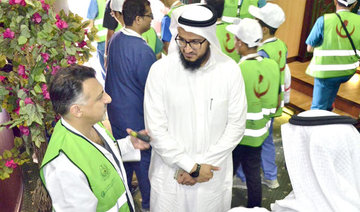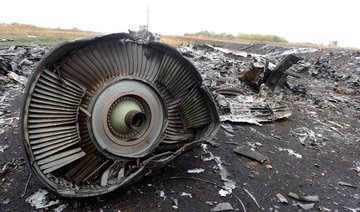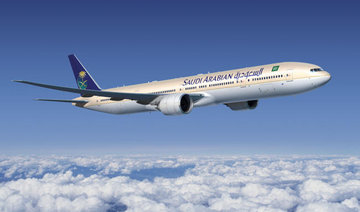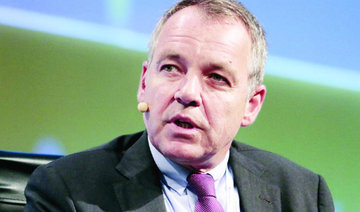LONDON: The annual Hajj pilgrimage is big business for those working in aviation, with vast numbers of Muslims from around the world flying in and out of Saudi Arabia.
For tour operators, airlines and brokers, Hajj and Umrah traffic represents a recurring stream of annual revenue.
That steady source of income for many companies could be challenged due to a new competitor for Hajj traffic looming on the horizon.
Malaysia Airlines is looking to launch a Hajj service using its surplus large A380 aircraft. The widely reported plans would involve reconfiguring the current 494-seat layout across three classes on some of its existing super jumbo jets to create a slightly cozier all-economy 700-seat aircraft.
If such plans were to be put in place and prove successful, it could to be a far more cost-effective way to move hundreds of pilgrims at one time in and out of the Kingdom than using smaller planes. “It is a little bit of a game changer for the Hajj traffic,” said Tobias Rueckerl, owner and CEO of Hajjaircraft and its parent company Adavco.
In 2016, 1.3 million Muslims from outside Saudi Arabia traveled to the Kingdom to complete Hajj, with 94 percent of those arriving in the country by plane, according to government statistics.
“The Hajj requires the efficient movement of large volumes of people. The A380 is perfect for this with its high seat capacity, and hence low-unit seat costs. For an airline like Malaysia Airlines with a large Muslim home market, it can find work for most of the year with Umrah pilgrimages driving travel outside of the annual Hajj period itself,” said aviation consultant John Strickland.
Often pilgrims will travel on chartered flights arranged by tour operators or government agencies flying in and out of Jeddah, taking anything from small 5-seater planes to the 200- or 300-seater aircraft typically used by commercial airlines.
Commercial airlines also lease extra planes to run Hajj-specific services. For example, Saudi Arabian Airlines (Saudia) leases Boeing 747 and A330 aircraft to run their Hajj services, said Abdulrahman Altayeb, vice president for corporate communications at Saudi Arabian Airlines.
Biman Bangladesh Airlines needs to lease wide-body aircraft capable of carrying more than 450 passengers in order to transport around 50,000 pilgrims to and from Saudi Arabia each year, said a spokesperson for the company.
Arranging Hajj travel can be a pricey business, for a variety of reasons. “Flights are becoming more and more expensive,” said Rueckerl. Sometimes government agencies can end up paying far more than they need to for aircraft, partly because they leave their Hajj plans to the last minute and are in urgent need of a plane.
Hajjaircraft typically deals with a regular client base — made up of airlines, tour operators and government agencies that come back each year. Nigeria is home to some of the company’s oldest most-established clients, Rueckerl said. “But in other countries it remains difficult — every year it is the same story. If you want state-of-the-art aircraft you have to secure them straight after the current Hajj,” he said, explaining how some countries’ tour operators still do not sufficiently plan ahead.
There is also a level of “fake” demand in the market, Rueckerl said, that has pushed up prices. What this means is that there are many different small brokers and operators all enquiring with the small number of airlines offering Hajj-specific flights, and all chasing the limited number of aircraft available.
The cost of travel could potentially be reduced if Malaysia Airlines deploys the A380 for Hajj. The airline is due to apply for its license this quarter to set up its pilgrimage service as a separate business from the main airline, Bloomberg reported in July, citing the airline’s CEO Peter Bellew.
The service could be operational in a year.
Malaysia Airlines did not respond to a request for comment.
The plans could help the airline generate more income from its surplus A380s.
“You don’t have a secondhand A380 market, and all of the operators are thinking what to do with the aircraft,” said Rueckerl, particularly now that some of the planes are verging on 10 years old.
Traveling by the reconfigured A380 could also be a more cost-efficient option for pilgrims. “The per seat price could be 20-25 percent lower than with a B747. That could make the whole Hajj operation very interesting with this aircraft,” he said. He forecasts that if the Asian airline is successful with its new venture, then other carriers may follow suit.
Already, Emirates has said that it will be operating an A380 service to Madinah to meet the increased demand during Hajj.
The Dubai-based airline also said in its August 17 announcement that it would be operating 45 additional flights to Jeddah and 12 additional flights to Madinah using various aircraft during the pilgrimage.
There are, however, some drawbacks with using larger planes such as the A380.
Smaller countries, particularly in Africa, often lack the infrastructure and airports to handle these super-jumbo jets, Rueckerl said.
“If you have a country like Niger, you have roughly 4,000-5,000 people traveling, but they are not traveling at once, but over a couple of weeks, then an A380 with 700 seats would be too large for them.”
While the A380 may make the Hajj travel market a little more competitive, there will remain pockets of opportunities for the smaller players.
A380 Hajj service could change the way pilgrims travel
A380 Hajj service could change the way pilgrims travel
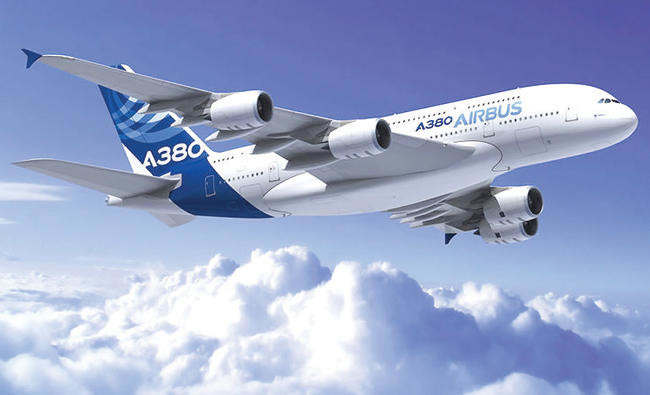
Saudi envoy to UK honored for maritime work

RIYADH: The Arab Academy for Science, Technology and Maritime Transport awarded an honorary doctorate to Saudi Ambassador to the UK Prince Khalid bin Bandar bin Sultan.
The event took place at the International Maritime Organization’s headquarters in London, the Saudi Press Agency reported on Saturday.
The honor recognizes Prince Khalid’s significant contributions to advancing Saudi Arabia’s maritime initiatives and supporting the aspirations of Arab nations.
It also acknowledges his role in promoting maritime sustainability, contributing to the IMO’s goals, and leading the 33rd session of the IMO Assembly — an important milestone in Arab and international maritime progress.
Prince Khalid thanked the academy for the honor, expressing hope that it will encourage greater cooperation to empower Arab countries in the maritime sector and enhance their global presence.
He emphasized that growth in this vital sector depends on continued collaboration and knowledge exchange, supporting sustainable development and regional maritime integration.
The academy fosters leadership in the maritime field and supports human capacity development through academic programs and regional partnerships, the SPA reported.
Kingdom arrests 18,669 illegals in one week

RIYADH: Saudi authorities arrested 18,669 people in one week for breaching residency, work and border security regulations, the Saudi Press Agency reported on Saturday.
A total of 11,813 people were arrested for violations of residency laws, while 4,366 were held over illegal border crossing attempts, and a further 2,490 for labor-related issues.
The report showed that among the 1,497 people arrested for trying to enter the Kingdom illegally, 69 percent were Ethiopian, 27 percent Yemeni, and 4 percent were of other nationalities.
A further 59 people were caught trying to cross into neighboring countries, and 17 were held for involvement in transporting and harboring violators, the SPA reported.
The Ministry of Interior said that anyone found to be facilitating illegal entry to the Kingdom, including providing transportation and shelter, could face imprisonment for a maximum of 15 years, a fine of up to SR1 million ($260,000), as well as confiscation of vehicles and property.
Suspected violations can be reported on the toll-free number 911 in the Makkah and Riyadh regions, and 999 or 996 in other regions of the Kingdom.
How conservation efforts are helping Saudi Arabia’s northern deserts bloom

- The Kingdom’s northern deserts are flowering once again thanks to heavy rainfall and national biodiversity rehabilitation efforts
- Once endangered, Silene arabica is now thriving, benefiting from reduced grazing and natural drought-resistant adaptations
RIYADH: Following an unusually wet season, Saudi Arabia’s northern desert has erupted into a sea of wildflowers. Among the most striking sights is Silene arabica, a rare species once on the brink of extinction, now thriving thanks to a national commitment to conservation.
Part of the Caryophyllaceae family — commonly known as the “pink family” — Silene arabica is one of 3,000 species within the group, which also includes the sun-loving Dianthus and the delicate Gypsophila, better known as “baby’s-breath.”
What sets Silene arabica apart is its remarkable resilience. Unlike its thirstier relatives, this hardy desert dweller thrives in clayey soils and stores water internally, making it uniquely suited to Saudi Arabia’s arid northern border region.

Its natural range spans desert and semi-desert ecosystems stretching from North Africa to southern Iran, but this year’s extraordinary bloom has made it a poster child for Saudi Arabia’s expanding efforts to protect its native flora.
Beyond Silene arabica, countless other wild plants are enjoying a resurgence — the result not only of rainfall, but also of determined national efforts to rehabilitate and safeguard the Kingdom’s biodiversity.
One of the driving forces behind this green renaissance is the Saudi Arabia Botanical Society, co-founded by Munira Al-Hazani and Joshua van Alstine. Al-Hazani is the first woman in the world to found a national botanical society.
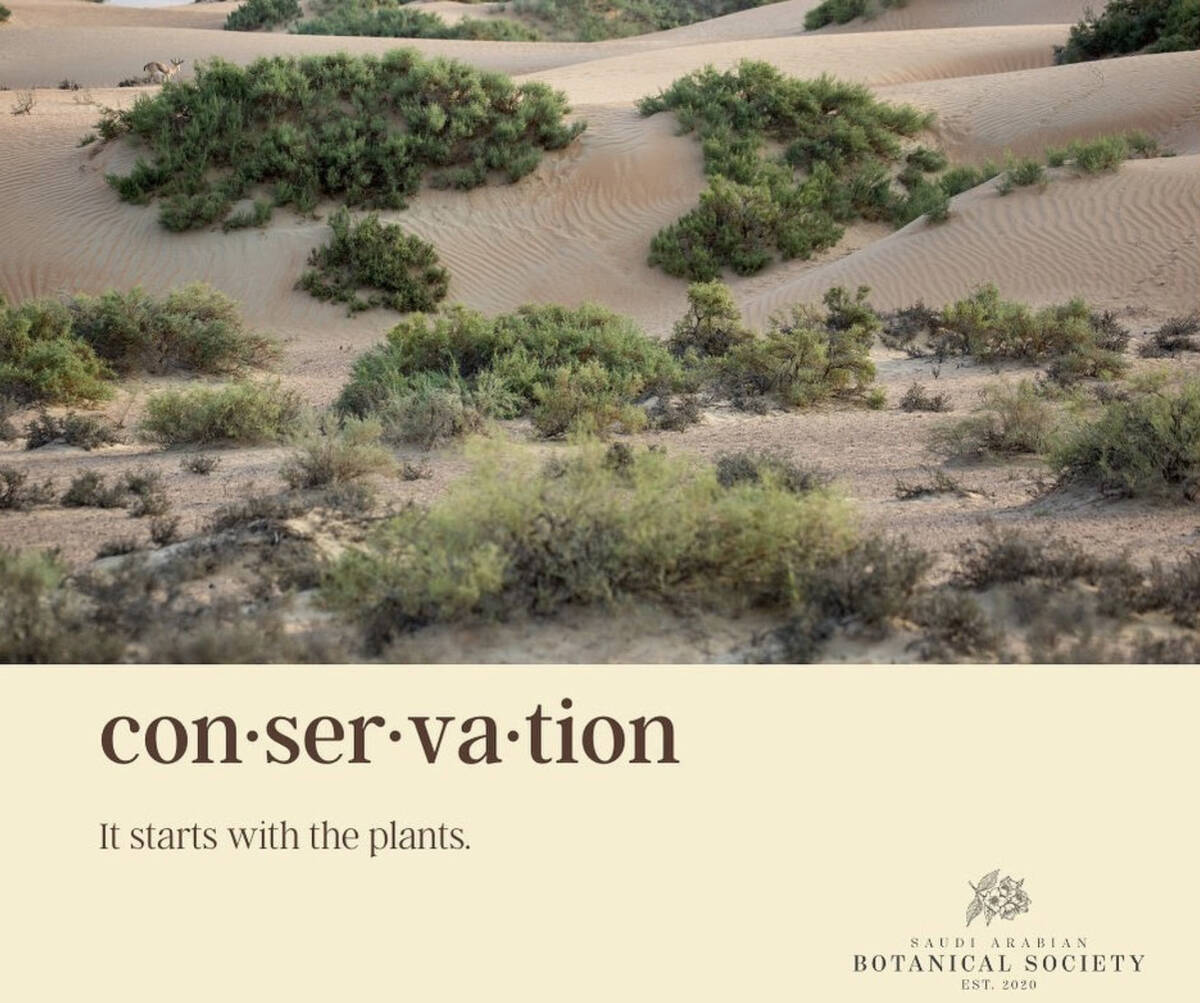
The organization’s goals include preserving native species, building a national botanical garden and institute and cultivating environmental awareness across the country.
“We are doing this as a service to human beings through nature,” Texas-born van Alstine told Arab News. “We are not doing this only to walk around and say, ‘we do plant research, we do plant conservation.’ We are doing this to make life better for humans.”
A longtime admirer of Saudi Arabia, van Alstine said his passion for the Kingdom’s natural environment led him to become part of its sustainable development journey.
“I really want to make the biggest impact possible,” he said. “I thought, how can I do something, really, in the service of the Kingdom, and I thought of serving Saudi Arabia’s soil and plants. I really see Saudi Arabia becoming the world’s first fully green state.”
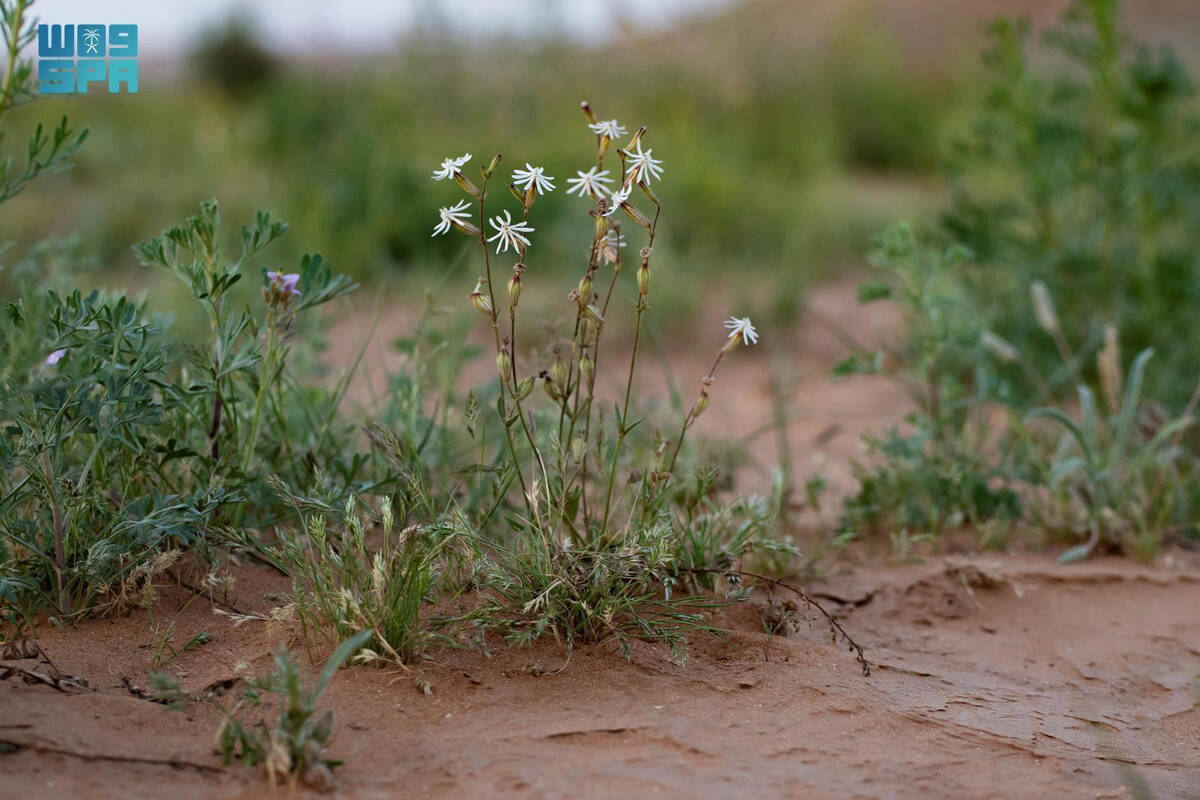
Among the native species championed by the society is Horwoodia dicksoniae, commonly known as Saudi lavender. Yet protecting these desert-adapted plants requires an understanding of their unique survival strategies — and the fragile conditions that sustain them.
“What do plants need? Plants need carbon in their soil, they need minerals in their soil, and they also need to be in a place where water is going to be stored after it rains,” said van Alstine.

This is where the desert’s hidden geology plays a critical role. “We see native plants in a lower area, rocky areas, in the desert,” he said.
“No matter where you are in the desert, if you see native plants, there is most likely going to be rocks either under the sand or above the sand, but you will see these plants are kind of growing in areas that don’t get very much wind, in comparison to the rest of the desert … and they have some sort of shade from the rough desert conditions.”
These rocky pockets act like underground rain barrels, collecting water that can sustain plants through long dry periods. Native species like Silene arabica have evolved long, deep roots to reach these hidden reserves.
DID YOU KNOW?
• Silene arabica is typically found in areas that retain rainwater, such as valleys and clay soils.
• The native plant species flowers during the spring and after periods of heavy rainfall.
• Caryophyllaceae has 89 genera and 3,000 species found all over the world.
But resilience alone is not always enough. Over the years, Silene arabica has become increasingly scarce, in large part due to overgrazing. “That is what made them disappear. There is overgrazing,” said van Alstine.
Grazing animals, especially camels, are drawn to the flower’s grassy stems and white blooms. Their popularity among foragers has taken a toll on the population. In response, the National Center for Vegetation Cover has taken steps to limit grazing in sensitive areas, allowing native species the chance to recover.

The impact is already visible. From plains to rocky valleys, wild plants are reclaiming their place in the landscape — a transformation that is being noticed not just by scientists and conservationists but by residents and visitors alike.
Silene arabica may be one of the stars of this year’s desert bloom, but it is far from the only beneficiary. Thanks to coordinated efforts to curb destructive practices and promote responsible land stewardship, Saudi Arabia’s desert is alive once again with color and life.
And for those working to make it happen, this is just the beginning.

Silver handicrafts reflect Saudi Arabia’s cultural diversity and artistic heritage

- Young Saudi women are increasingly selecting silver accessories for weddings and national celebrations due to their distinctive and attractive appearance compared to contemporary jewelry, according to Al-Awlaki
RIYADH: Silver handicrafts continue to highlight the Kingdom of Saudi Arabia’s rich cultural diversity, reflecting elegance, luxury, and the unique artistic craftsmanship of Saudi artisans.
The craft of silver jewelry holds deep historical significance, and the designation of 2025 as the “Year of Handicrafts” has renewed interest among young women and artisans, turning traditional silverwork into a modern fashion trend.
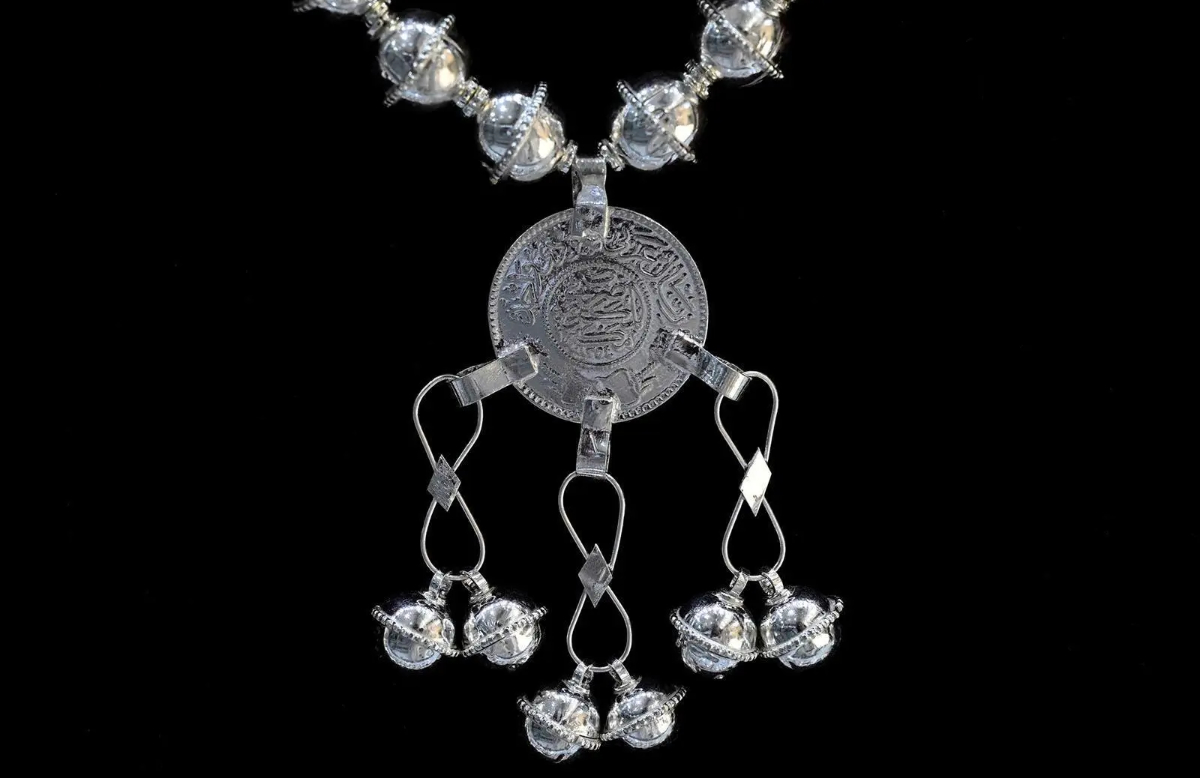
This includes learning the skills to shape, refine, and transform silver into appealing consumer products such as anklets, bracelets, rings, and necklace sets.
Silver-crafting specialist Maher Al-Awlaki noted that silver continues to attract strong demand across the Kingdom, particularly from visitors seeking traditional pieces that reflect Saudi heritage.
Silver crafting is a prominent traditional craft practiced by both men and women, and it often overlaps with gold and copper work. However, silver remains the most widely used and visually appealing material in jewelry making.
Maher Al-Awlaki
“Silver crafting is a prominent traditional craft practiced by both men and women, and it often overlaps with gold and copper work. However, silver remains the most widely used and visually appealing material in jewelry making,” he said.
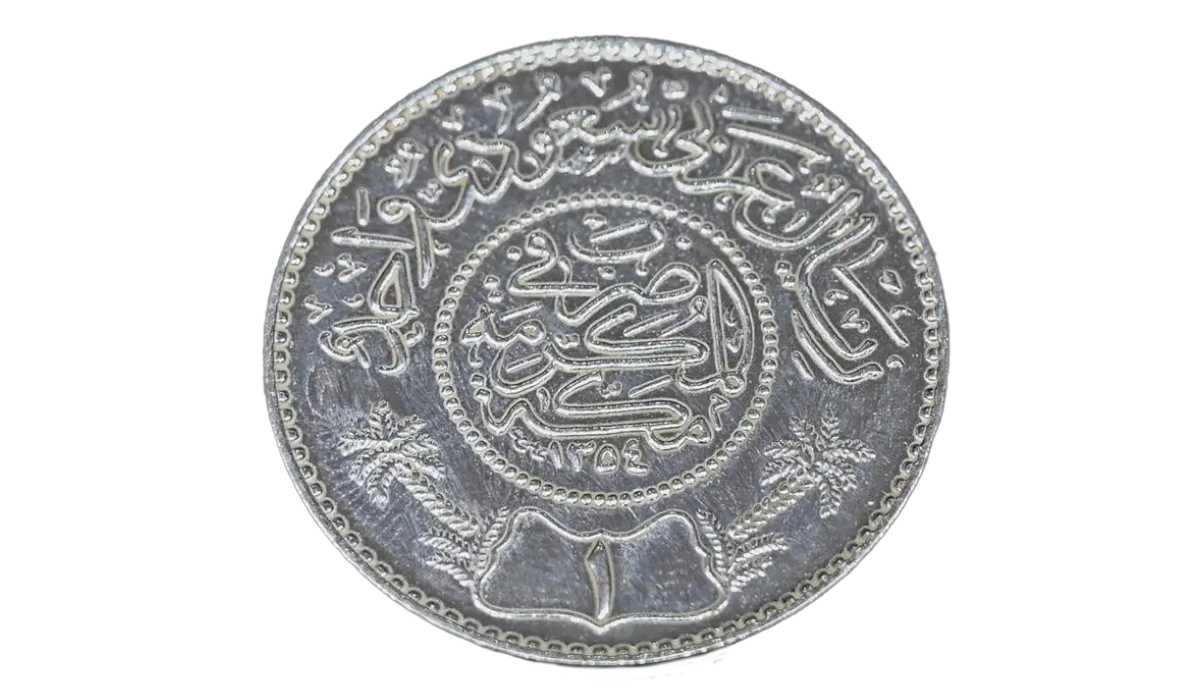
Young Saudi women are increasingly selecting silver accessories for weddings and national celebrations due to their distinctive and attractive appearance compared to contemporary jewelry, according to Al-Awlaki.
In conjunction with the “Year of Handicrafts 2025,” Al-Awlaki reports that numerous Saudi women have begun mastering silver craftsmanship through specialized training programs.
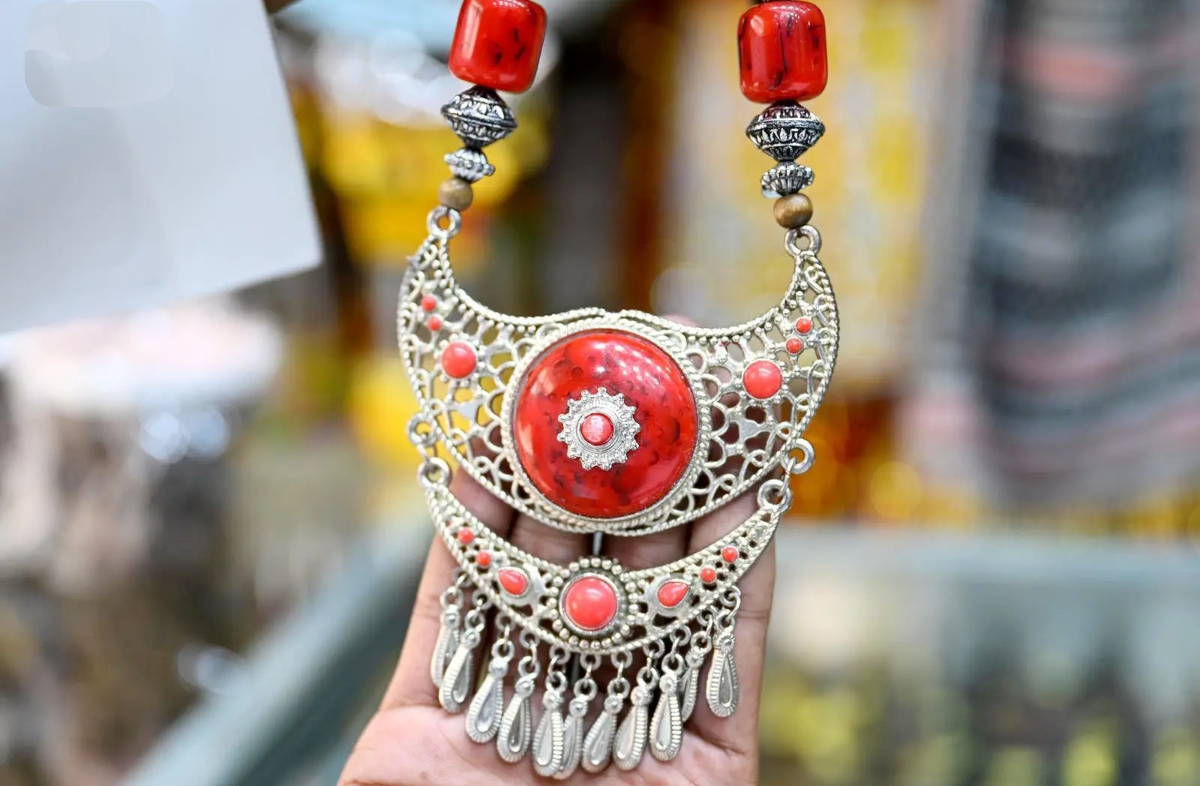
Leveraging their creativity, these artisans have successfully launched businesses to showcase their handcrafted pieces, which have been met with remarkable consumer interest.
The traditional craft has evolved with modern techniques, Al-Awlaki explained.
Artisans now employ machinery instead of manual methods, use gas flames rather than coal for soldering, and utilize prepared wax molds.
These innovations have streamlined production, allowing craftspeople to create multiple pieces efficiently while maintaining consistent sizing and design quality without the extensive time and effort previously required.
Saudi Arabia to take part in London Design Biennale

- The national Saudi pavilion tackles the water dispenser concept, which provides drinking water for free and symbolizes hospitality, a value deeply rooted in Saudi Arabia’s rich traditions
RIYADH: Saudi Arabia, represented by the Architecture and Design Commission and with the support of the Ministry of Culture, will be part of the 2025 London Design Biennale under the theme “Drinkable Water.”
The event will be held in Somerset House from June 5-29.
This year’s pavilion is handled by a team of designers who will use their expertise to present an exhibition that examines, challenges, and reimagines systems of water access and distribution, as well as the nature of our relationship with it.
The “Drinkable Water” concept, chosen by the organizers of the exhibition, is in line with the biennale’s theme for this year, which is “Surface Reflections,” as it explores how ideas are shaped through the interaction of inner experiences, external influences and personal history.
The national Saudi pavilion tackles the water dispenser concept, which provides drinking water for free and symbolizes hospitality, a value deeply rooted in Saudi Arabia’s rich traditions. These water dispensers are spread throughout the Kingdom, offering water to passersby, reflecting the ethics of generosity and kindness.
The water dispenser in the context of this exhibition does not only represent mere goodwill but also raises fundamental questions, such as: Who pays for the “free” water? How much does it really cost? And most importantly, if this burden falls on another party, won’t the cost, in one way or another, ultimately be borne by everyone?
The pavilion also stresses that water dispensers are often taken for granted and seen as mere public utilities; by reframing water as a subject of scrutiny and inquiry, we shift perceptions and uncover the unseen, turning thus these marginal structures into an active force in our daily lives.
CEO of the Architecture and Design Commission Dr. Sumaya Al-Sulaiman said: “Saudi Arabia’s return to the London Design Biennale constitutes a new promising chapter of our commitment to using design as an effective tool for dialogue and cultural exchange.”
She added: “We hope that our participation in the London Design Biennale will enable us to contribute to discussions on creativity, innovation, and systemic thinking.”


